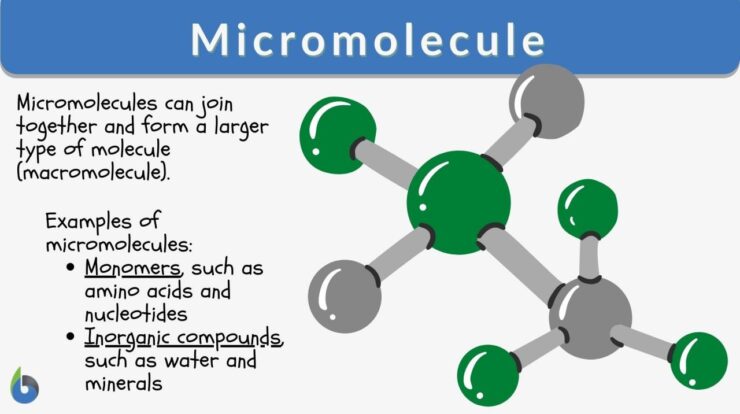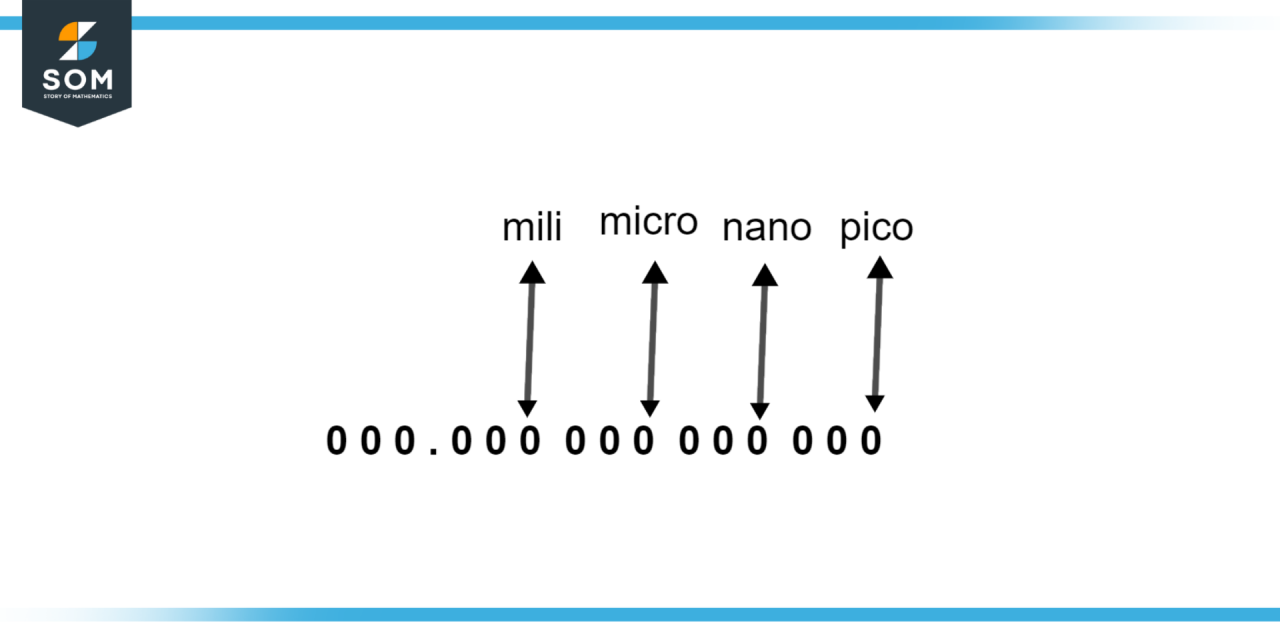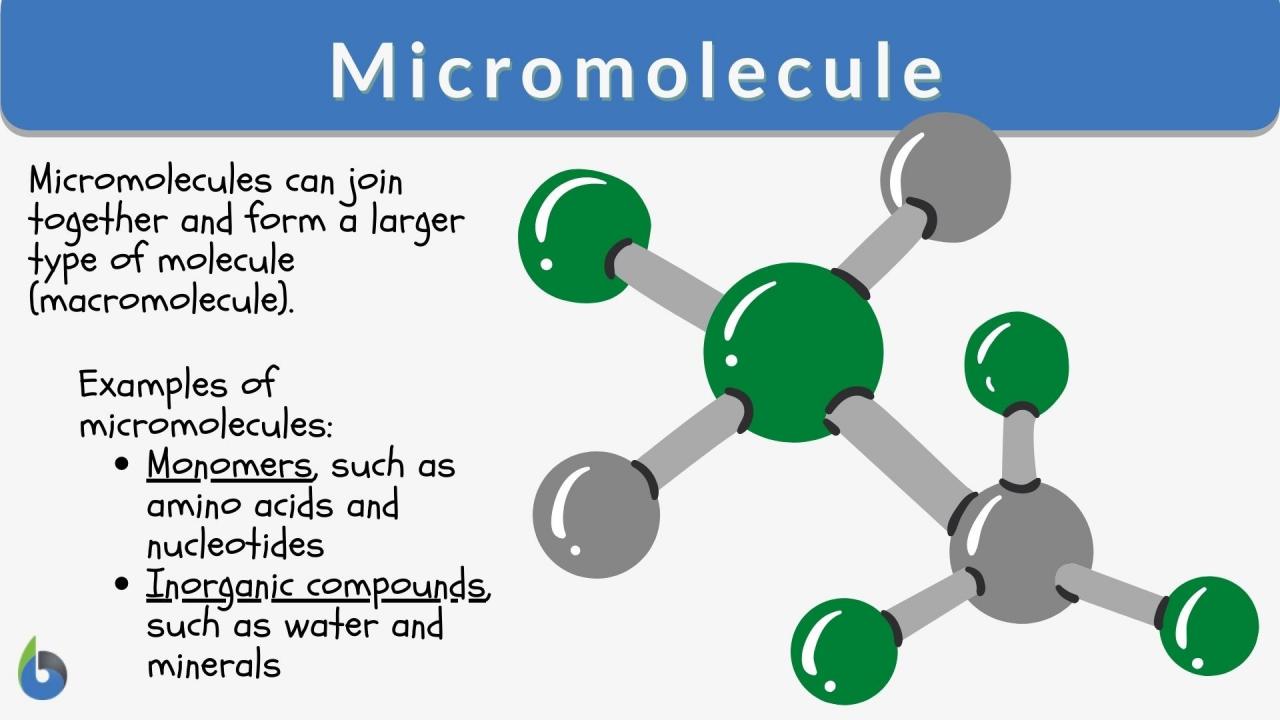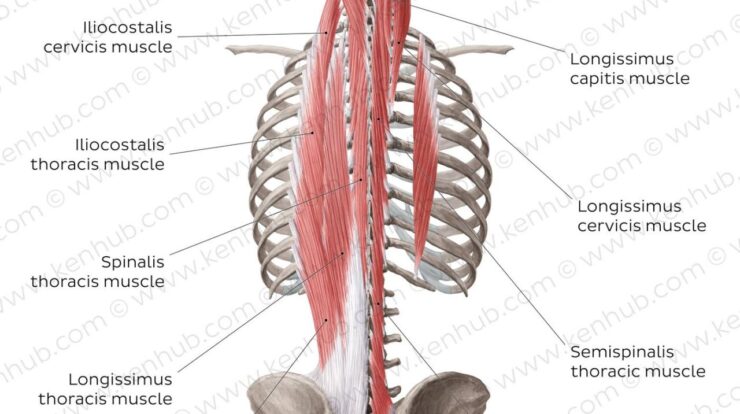
Micro definitions are a powerful tool for concise and effective communication. They are short, specific definitions that capture the essence of a concept or idea in a few words. Micro definitions are used in a wide range of fields, from science and technology to everyday language.
Micro definitions are particularly useful for communicating complex ideas in a clear and concise way. They can also be used to improve communication between different disciplines and to create a shared understanding of key concepts.
Micro Definition: Basic Concept
Micro definitions are concise, specific definitions that focus on a single aspect or feature of a concept. They are commonly used in technical, scientific, and everyday language to provide quick and clear explanations. For instance, in biology, the micro definition of “cell” is “the basic unit of life,” while in computer science, the micro definition of “algorithm” is “a set of instructions for solving a problem.”
Characteristics of Micro Definitions

Micro definitions are characterized by their conciseness, specificity, and focus on a particular aspect of a concept. They are typically short, often consisting of a single sentence or phrase, and they provide a precise explanation without unnecessary details. Micro definitions are distinct from general definitions, which provide a broader overview of a concept, and from extended definitions, which offer a more detailed and comprehensive explanation.
Methods for Creating Micro Definitions
Effective micro definitions can be created by following these guidelines:
- Determine the specific aspect or feature of the concept that needs to be defined.
- Use clear and concise language, avoiding jargon or technical terms that may not be familiar to the audience.
- Keep the definition brief, typically no more than a sentence or two.
- Ensure that the definition is accurate and reflects the current understanding of the concept.
Applications of Micro Definitions

Micro definitions have a wide range of applications, including:
- Technical documentation:Providing clear and concise explanations of technical concepts in manuals, specifications, and other technical documents.
- Education:Simplifying complex concepts for students by breaking them down into smaller, more manageable units.
- Business communication:Facilitating clear understanding of key terms and concepts in business presentations, reports, and contracts.
- Data modeling:Defining the meaning and structure of data elements in databases and other data management systems.
- Information retrieval:Improving the accuracy and efficiency of search results by providing precise definitions of search terms.
Challenges in Micro Definition Development
Developing micro definitions can be challenging due to the need for precision, clarity, and conciseness. Some common challenges include:
- Ambiguity:Ensuring that the definition is clear and unambiguous, avoiding multiple interpretations.
- Subjectivity:Balancing the need for objectivity with the inherent subjectivity of some concepts.
- Precision:Striking the right balance between providing enough detail to be informative while maintaining conciseness.
Closing Summary
Micro definitions are a valuable tool for anyone who wants to communicate clearly and effectively. They can be used to improve communication in a wide range of settings, from the classroom to the workplace.
Essential Questionnaire: Micro Definition
What is a micro definition?
A micro definition is a short, specific definition that captures the essence of a concept or idea in a few words.
How are micro definitions used?
Micro definitions are used in a wide range of fields, from science and technology to everyday language. They are particularly useful for communicating complex ideas in a clear and concise way.
What are the benefits of using micro definitions?
Micro definitions can improve communication by making it more concise, clear, and effective. They can also help to create a shared understanding of key concepts.





